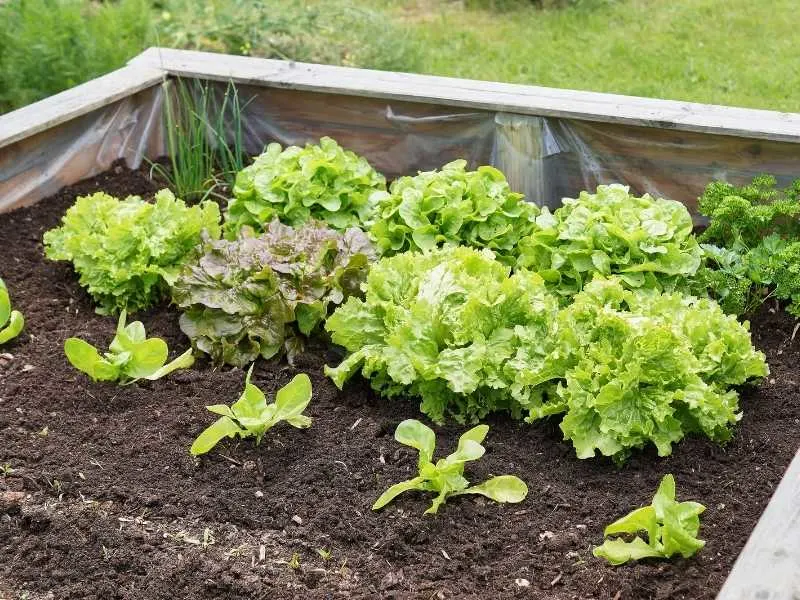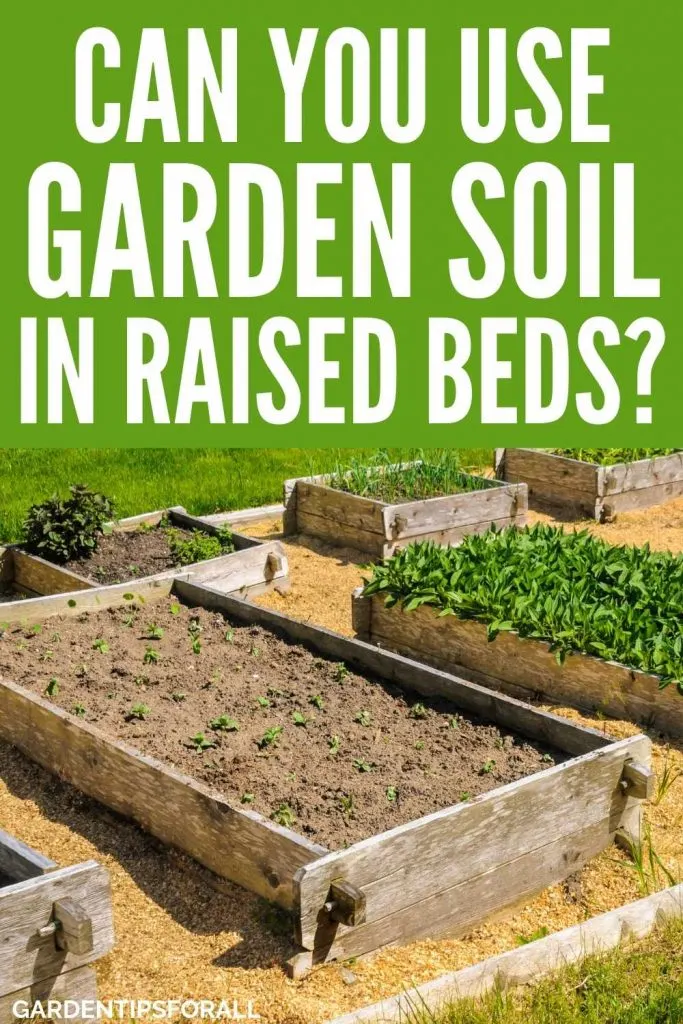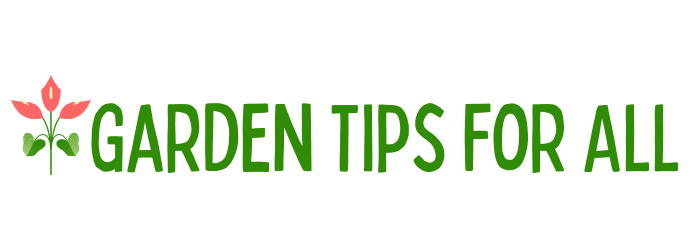Can I Use Garden Soil in a Raised Bed?
Raised beds provide a convenient way to start gardening even in areas with unsuitable soils. That’s because you get to choose the type of soil and minerals or nutrients to add to the soils. A raised bed is also the perfect place to start gardening in an urban environment because they are easy to maintain and can be built in any size or shape.
But can you use any soils in a raised bed? Or, precisely, can you use garden soil in raised beds?
Garden soil is too heavy and isn’t suitable for raised beds. Potting soil is a suitable alternative, but sometimes it is too light and is best used for potted plants. You can create raised bed soil for raised beds by mixing garden soil, compost, peat moss, or potting mix.

Related Articles:
- Garden Soil and Potting Soil – What’s the Difference?
- Can I Use Potting Soil for Seed Starting?
- Best Non Soil Growing Medium for Plants
Keep reading to learn more about the best soil for raised garden beds.
Can You Use Garden Soil in Raised Beds?
The type of soil you use for your garden greatly affects your plants’ overall health and expected yield. Using the wrong soil will hamper growth and inevitably yields.
The right soil for potted plants may not be ideal for in ground gardens or raised beds. This is why it is very important to use the right soil for your garden
When it comes to a raised bed, it is best to use highly modified soil. Garden soil is way too dense for a raised garden bed. This density reduces the airflow, strangles the root system, and restricts water drainage, all of which can spell doom for your plants.
Is Raised Bed Soil the Same as Potting Soil?
Not really. While garden soil is too heavy, potting soil is too light. Potting soil offers the following benefits;
- Potting mix doesn’t have the nuances of pathogens, pests, or diseases.
- It comes already packed with all the nutrients your plants need to grow healthy in pots or containers.
- Potting mix has a well-balanced mixture of materials that provide airflow, allow room for root system growth and adequate drainage.
As you can see, the benefits of choosing potting mix far outweigh the use of gardening soil. However, to effectively grow crops in a raised bed, you need soil that’s heavier than potting soil.
What Is the Difference Between Raised Bed Soil and Garden Soil?
Now both of these soils are physiologically organic but again have fundamental differences.
Garden Soil
Garden soil is rich in compost, microorganisms, nutrients, organic matter, and ideal pH and has a better soil structure that translates into healthier plants, great moisture retention and better yields.
You can purchase ready-made garden soil or choose to make your own with the ingredients you like.
If you choose to buy, your local farm supply shop can advise you on the quantity you require for your garden according to its size. Worm castings and kelp meals are just a few of the sources of nutrients readily available in garden soil.
Less soil compaction is another benefit of garden soil. This will definitely improve aeration, water drainage, and root development. That is what adding garden soil to any local soil can do.
Raised Bed Soil
Raised bed soil is most suitable for larger containers or raised beds since it’s specifically designed for this setting.
With a combination of nutrients and texture, it serves as the best option for a stand-alone garden soil mix for raised bed gardens.
As such, raised bed soil would not be ideal for in-the-ground gardening since it’s lighter, and its composition is only suited for confined spaces.
As a choice filling for your raised beds garden, this soil has a generous amount of nutrients that come in the form of worm castings and poultry meal, just to name a few.
Due to its structure, raised bed soil has better water permeability and aeration because it is lighter in density. This helps the root system development, and in turn, the absorption rate of nutrients is way better.
Raised bed soil already comes at an optimal 5.8 to 7.5 PH level, the most ideal for any vegetable or flower.
Last but not the least, raised bed soil, being a blend of both garden soil and potting soil has good drainage and an excellent texture for aeration and root development. It actually outdoes garden soil in this aspect.
How to Use Raised Bed Soil in a Raised Bed Garden
The raised garden beds are usually made of wood, plastic or metal. The depth of the bed will vary depending on the type you choose for your garden.
Each raised garden bed is usually filled with a combination of soil, compost, fertilizer and organic matter to provide fertile soil for planting. You can mix these components yourself to create your own raised bed soil or use ready to use commercial or bagged raised bed soil.
All you have to do is fill the raised bed with the raised bed soil leaving just 3-4 inches of space between the soil and the top of the bed.
Below is a simple direction you can follow:
- Fill the raised bed with the raised bed and spread with a rake.
- Water the soil, which will lead to sinking.
- Add more soil, making sure to leave 3-4 inches of space above the soil.
- Dig holes where you are going to put your plants.
- Add an organic fertilizer in the holes (be sure to follow the directions on the package).
- Place your plants in the holes.
- Water the plants.
Frequently Asked Questions
What Should I Fill My Raised Bed Garden with?
To avoid using too much soil, you can fill your raised beds with straw, gravel, pebbles, vermiculite, compost, or twigs. Then, depending on the plants you’re planting, fill the rest of the space with raised bed soil.
Can I Use Top Soil in My Raised Beds?
Yes, you can use it to fill the raised beds. But topsoil lacks enough nutrients to make it the main source of nutrients. You still need raised bed soil, which can be made by mixing potting soil and garden soil.
What Is The Best Soil Mix for Raised Beds?
A good soil mix for raised beds includes a combination of topsoil, compost, peat moss, and/or potting soil. If you want to keep it simple, a 50/50 mix of soil and compost will do.
Can You Use in Ground Soil for Raised Beds? Final Thoughts
You shouldn’t use garden soil in raised beds, instead, you should create or buy raised bed soil. This mixture of soil, compost and/or potting mix strikes a balance between what garden soil and potting mix offer.

